Why Do People Keep Coming Back to Film Photography?
15 39 Share TweetOur small community is no stranger to the wonders of film photography. After all, that's what binds us all together in the first place! We love everything about film — its little quirks, light streaks, imperfections, flaws, and all. We embrace those things wholeheartedly because that's just how we are. But what about other people who aren't from our community? How do they look at film photography?

Well, there's recently been a resurgence of film photographers of different ages and backgrounds. The interest is there and that's all the spark you need to get things going. Let's count some of the things that make people go back to shooting with film:
Film Photography is Exciting
There's no denying this one. Film photography is just straight-up entertaining and exciting. It's fun to play around with settings, different cameras, and types of films and that's one good reason to go back to shooting with film. Instant gratification has somewhat made things too fleeting — not having to wait for your images means that you shoot more things and just pick the best one. That takes away the excitement, it makes things bland. Film photography is about living life and we think we could all do with a little sprinkle of 'exciting' in our lives.
Making Images Will Always be a Unique Experience
Memory is a powerful thing and film photography can sometimes be all about that. Seeing that streak of light on your print can invoke a magical feeling in your years after you've taken it. You remember that trip to the beach or that trek up a mountain that presented you with such a majestic view that you knew that you just had to take a photo of it.
Shooting with Film Makes You Think More About Your Shot Before You Take It
You see things differently. You imagine how your shots are going to look like even before you peer into the viewfinder. You want to capture that moment as it is. Waiting for the right moment seems logical and the image you capture stays with you. Suddenly, 24 or 36 shots per roll seem enough for you. There's no need to rush because you know deep down that the 'decisive moment' may just be around the corner.
Analogue Photographs Have a Distinct Look and Feel to Them
Even the process feels different. Film photographs are commanding — they demand attention and a closer look. You can feel the emotion and mood of the photographer who made them. The mere choice of film tells a story.

You Can Re-Learn Photography by Shooting with Film
Going back to film is like going back to basics — you rediscover things you may have missed. Photography is an ongoing process. Learning and mastering things like ISO, aperture, shutter speed, depth of field, and the likes will make you a more aware photographer. Photographers who shoot with film know that there are limited shots so everything has to be in order to make the image work. That's one of the great things about shooting with film — you get to understand your camera and yourself more as you go on.
Vintage Camera Gear Is Fascinating
Every camera nut will have a grail film camera sitting on a pedestal in their house or workspace. That one camera gets special treatment because it holds great value to them. Shooting with film opens the door to a whole new understanding of the camera as a tool and as a piece of art. The more you get to know these machines, the more you understand what happens in the image-making process. We mean, come on. Don't you just love seeing insanely beautiful film cameras?
These are but some things that make people go back to shooting with film. Comment down below if you want to add anything to the list. We know you're itching to share the reasons why film is still your top choice.
2018-03-27 #문화 #analogue #film-photography #in-depth

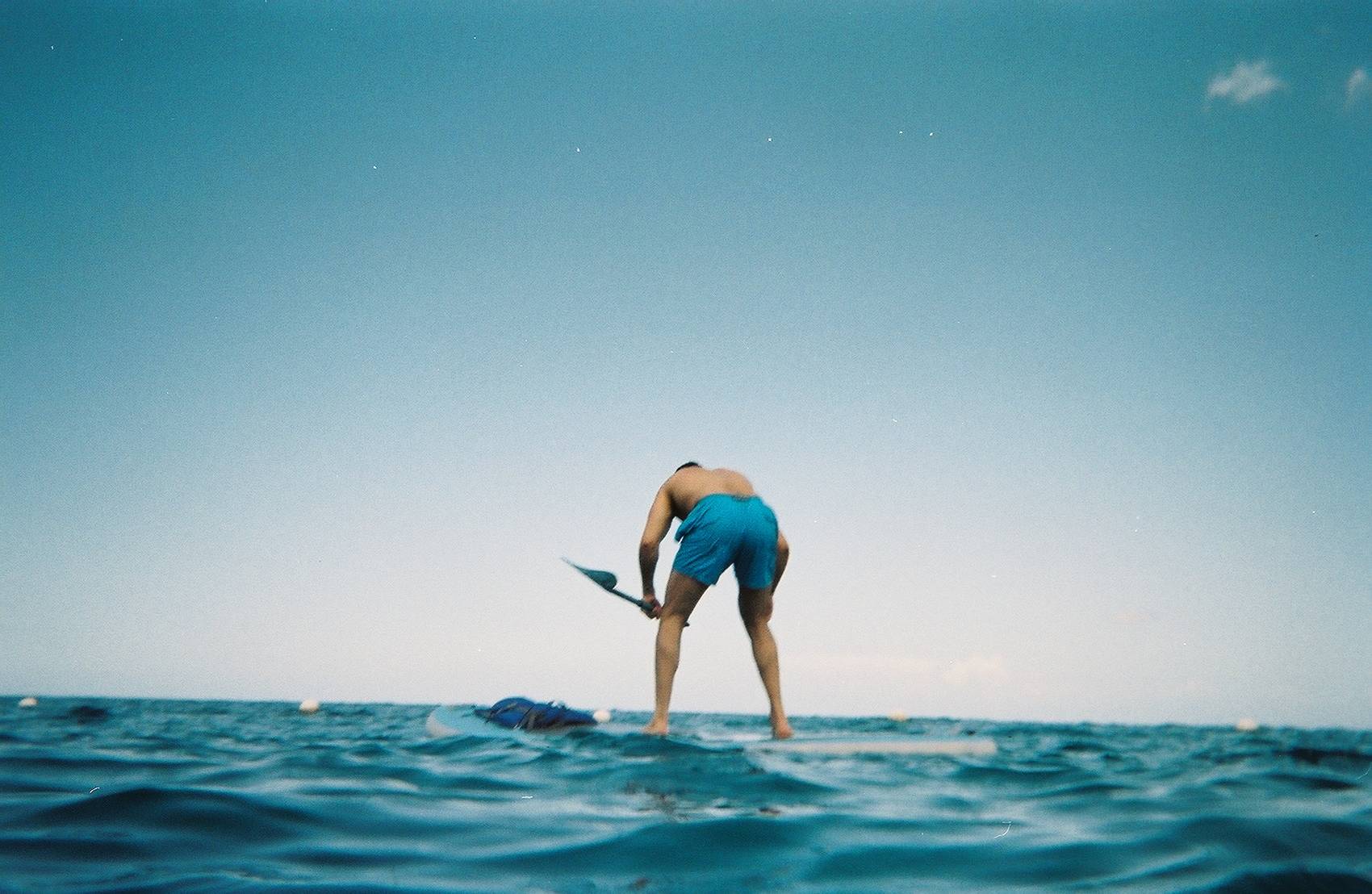



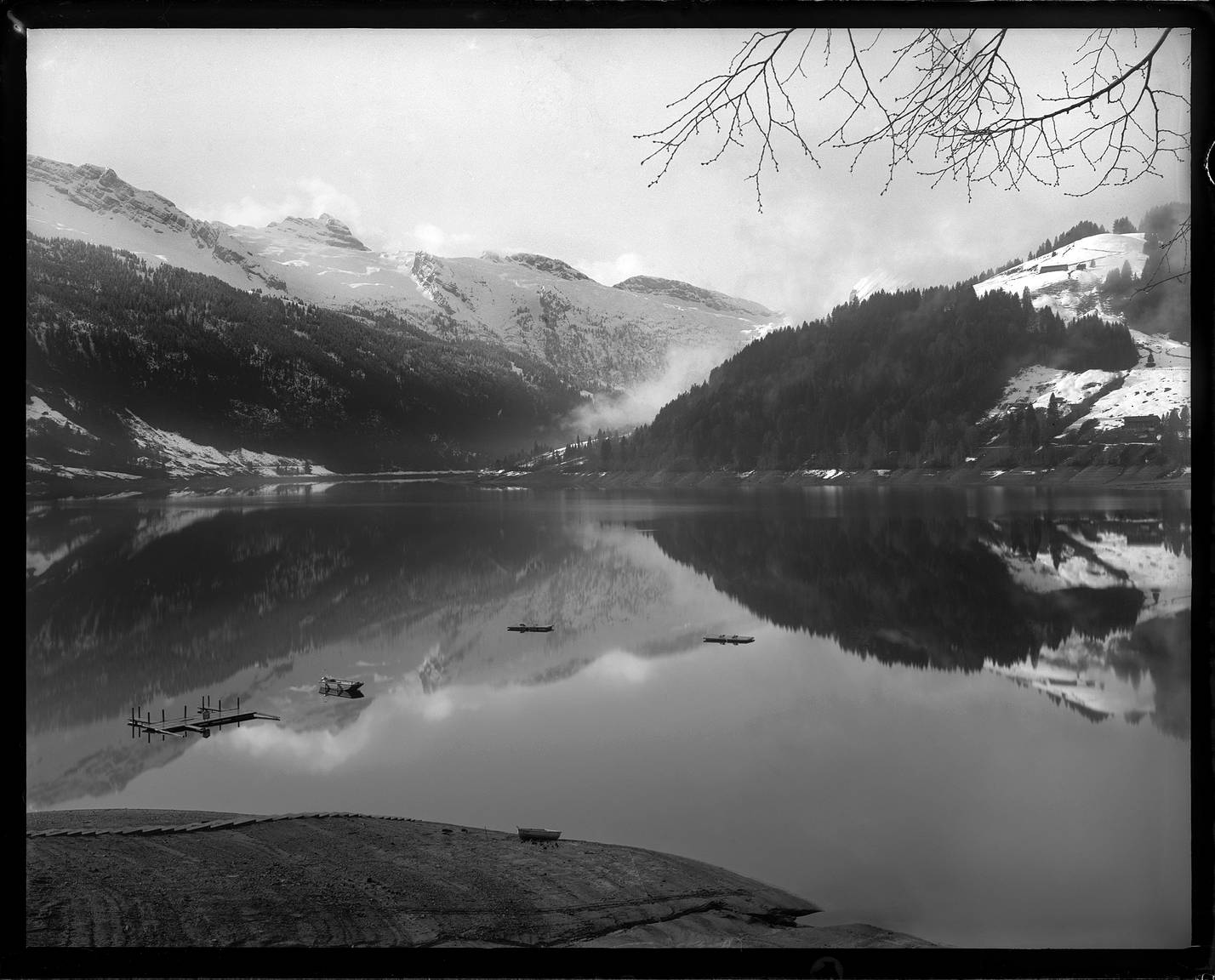









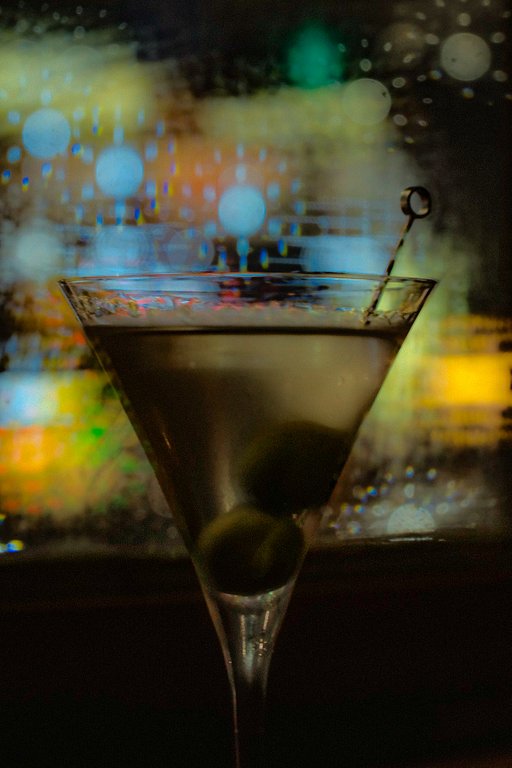
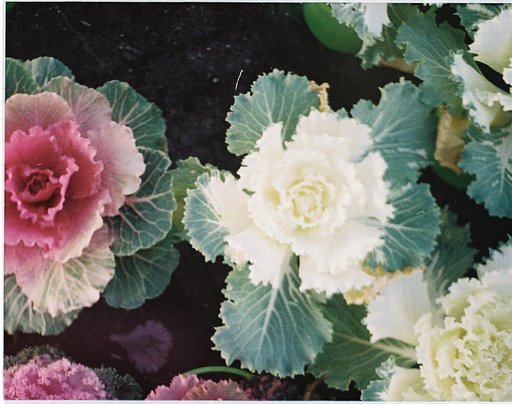


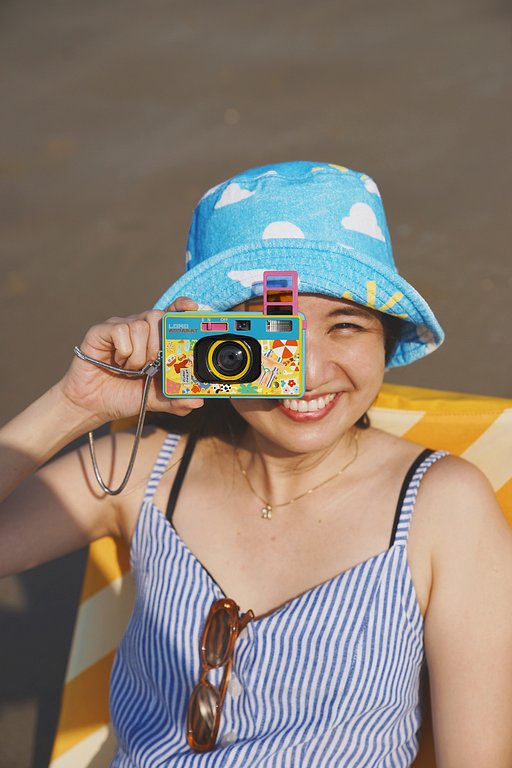
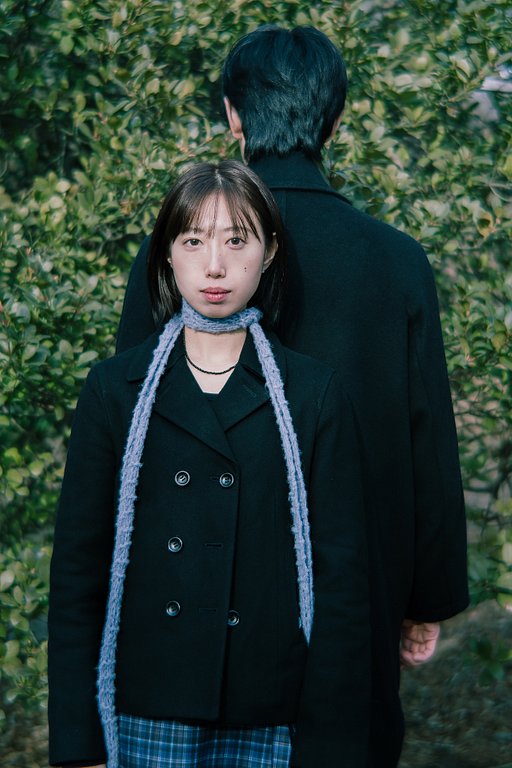
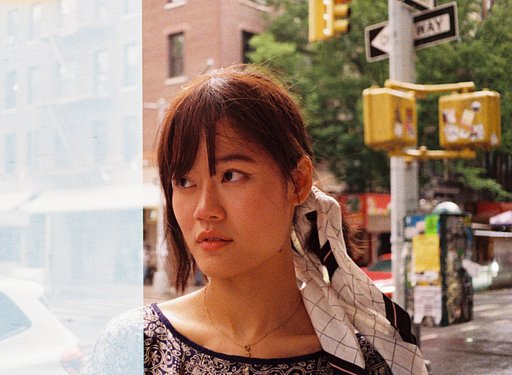




15 덧글